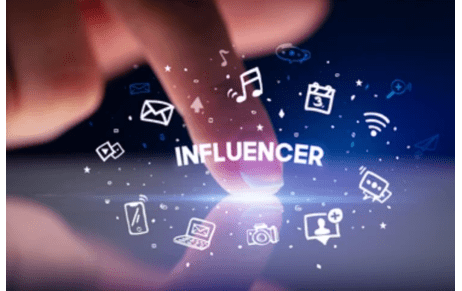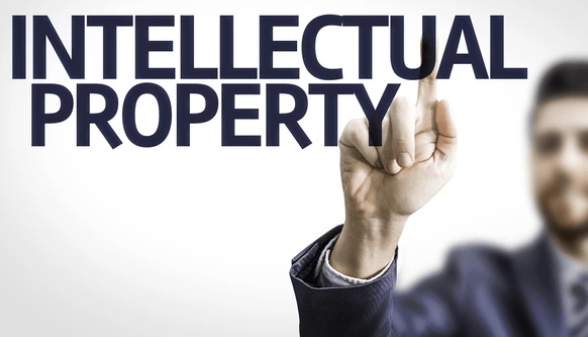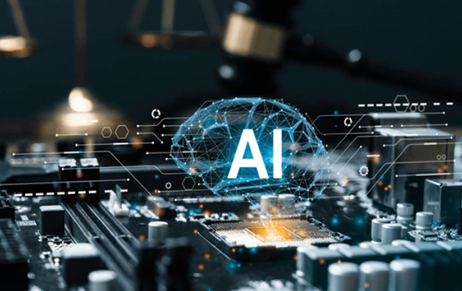The intellectual property (IP) licensing has gone a long way with the pace of technology…
Influencers and Intellectual Property Rights
A social media influencer is someone who creates content based on their niche in various social media platforms where they deliver information by uploading in the mediums of long format videos, short format videos or reels, static posts and stories.
Influencers in the present digital era are powerful and relevant to a large audience and have the ability to impact a large amount of people in the social networking sphere. They create content in various social sites such as Instagram, Facebook, You Tube, Snapchat to name a few and mostly make a living through ad revenue, brand endorsements, collaborations as well as other income sources. Since the content generated by them is based on their creative intellect, the content is protected by intellectual property rights.
In this computational era, influencer marketing is considered to be one of the most sufficient and influential method of marketing as within a 30-45 second video an influencer is able to efficiently advertise the product and also talk about its features and advantages. India’s influencer marketing industry is estimated to reach 3.375 crores by 2026 as per the latest report by Big Bang Social, a creative ad agency based in India.
Although it is very easy to gain popularity and accessibility, influencers are getting more and more venerable to violations involving intellectual property rights. Any other third party can publish the influencer’s work in his page and can avail the monetary benefits arising out of the video, this trend is becoming very common and has the tendency to cause a significant amount of loss to the influencers as there is a massive misappropriation of original creations.
In the landmark judgement of Marico Limited v Abhijeet Bansali the Bombay HC stressed upon the duties and obligations of social media influencers where the court held that the statements made by the influencers have magnified and profound impact and that followers have faith in the influencer therefore accept facts without doing a background check on them hence, influencers must lay out the facts correctly and must not put out misleading information.
The reasons why social media influencers are easy preys to violation of IP is that, when a content becomes viral, i.e. when it reaches an amount of audience very much significant than the influencer’s audience then the content gets duplicated very easily and it becomes hard to trace the creator who posted the original content. Within a tap there are numerous tools which are available to erase the watermark and other identifiable tags of the original creators’ content. The Information Technology rules 2021 applies to social media and OTT platforms where there are regulations on social media platforms to remove copied content within 36 hours of being notified.

In addition to the aforementioned, a major issue lies in our intellectual property laws. The IP laws are backed up majorly by jurisdiction and without global intellectual property laws, often, the violation of IP rights of the influencers becomes much worse as they face more difficulties in taking legal action against someone who do not reside in the same jurisdiction as them. There is also a scarcity of precedents in Indian law for intellectual property rights violation with respect to influencers, social media influence being a new concept.
Social media has become an integral part of our lives and is an excellent platform to share a person’s thoughts and therefore, it is of utmost importance that social media influencers protect their content and enforce their rights. They must register their copyright especially if they are uploading any form of creative intellect such as dance, cinematography or musical videos. Their channels or pages must be trademarked in par with the social media applications rules and guidelines.
There must be stringent IP laws and constant public scrutiny to check that no person should use another person’s content without permission and must obtain necessary permission in case they do so. India can enact a law similar to NetzDG law implemented in Germany where it is mandated that business which have more than 2 million users set up a stringent process to review and remove any content which is prohibited within 24 hours. These laws give the Government the ability to take down a content which is in violation to IP rights.
Additionally, influencers must have a sense of responsibility towards their audience and must ensure they don’t deceive them in exchange of monetary benefits and must adhere to ASCI guidelines which provide for disclosure to be made in a manner that is understood by an average consumer such as, for example adding hashtags such as #ad #collab to disclose paid collaborations in the platforms.
Both influencers and their IP rights are in the initial stage of inter mingling. The fast and massive development of social media and its influence it only projected to increase in the future therefore placement and proper management of intellectual property rights is of utmost importance to protect the influencers’ right and also enforce it.
Author : Pujitha, in case of any queries please contact/write back to us via email to chhavi@khuranaandkhurana.com or at IIPRD.
References –
- https://www.statista.com/statistics/1294803/india-influencer-marketing-industry-value/
- https://www.moneycontrol.com/news/technology/influencernomics-how-much-do-influencers-in-india-make-12572071.html
- https://www.ey.com/en_in/news/2024/04/indias-influencer-marketing-industry-estimated-to-reach-inr-3375-crore-by-2026-ey-collective-artists-networks-big-bang-social-report
- https://www.iiprd.com/ip-rights-for-social-media-influencers-and-content-creators/
- https://www.kashishworld.com/blog/social-media-influencers-and-intellectual-property-rights/
- https://ebizfiling.com/blog/intellectual-property-rights-available-to-social-media-influencers/
- https://www.compliancecalendar.in/learn/ipr-for-social-media-influencers



